Adding to recent announcements from Pfizer and Moderna on the efficacy of their COVID-19 vaccine candidates, AstraZeneca and Oxford revealed today that their vaccine contender is 70 percent effective, and could be as high as 90 percent.
In an interim, pooled analysis of Phase II/III clinical trials for the vaccine (AZD1222 or ChAdOx1 nCoV-2019) being conducted in the UK and Brazil (in the COV002 Phase II/III trial in the UK and the COV003 Phase III trial in Brazil, respectively), the vaccine was reported to be effective in preventing COVID-19, which was the primary endpoint of the trials. The analysis included 131 COVID-19 cases. Severe cases of the infection did not occur among trial participants, nor were any hospitalizations reported.
The interim results also indicate that the vaccine can reduce the number of asymptomatic individuals, which is important as they are still capable of transmitting the virus.
The global trials are assessing the safety and efficacy of the vaccine in individuals aged 18 years or over from diverse racial and geographic groups who are healthy or have stable underlying medical conditions.
Oxford-AstraZeneca COVID-19 Vaccine Induces Immune Responses in Early Clinical Trials
AstraZeneca says that the vaccine can be stored, transported and handled at normal refrigerated conditions (2 – 8°C) for at least six months and administered within existing healthcare settings. This is an advantage over vaccines that have to be kept at at temperatures of -70°C, thereby requiring complex cold storage supply chains for transport.
However, one dosing plan that involved administration of half a dose followed by a full dose at least one month apart, showed an efficacy of 90 percent in an analysis of about 3,000 people. On the other hand, a dosing regimen with two full doses of the vaccine given at least a month apart (to almost 9,000 trial participants) demonstrated a 62 percent efficacy. A combined analysis of both regimens resulted in the 70 percent average being reported.
Figuring out optimal dosing strategies will thus be key to leveraging vaccine efficacy. In a press release from AstraZeneca today, the company says more data will continue to be accrued for additional analysis, which will help refine the efficacy reading and establish the duration of protection.
Developed by researchers at the University of Oxford, the COVID vaccine is an adenovirus vector-based vaccine derived from chimpanzees that contains a genetically engineered virus that causes the common cold in chimpanzees, along with the spike protein of the SARS-CoV-2 coronavirus.
Professor Andrew Pollard, director of the Oxford Vaccine Group and chief investigator of the Oxford Vaccine Trial, said in the statement, “These findings show that we have an effective vaccine that will save many lives. Excitingly, we’ve found that one of our dosing regimens may be around 90 percent effective and if this dosing regimen is used, more people could be vaccinated with planned vaccine supply.”
Professor Louise Richardson, vice-chancellor at the University of Oxford said in a statement from the university that, “This is a great day for the University of Oxford and for universities everywhere. Pushing at the frontiers of knowledge with partners across the globe and putting our extraordinary brainpower in service to society, is what we do best.”
As a manufacturing partner for Oxford’s vaccine, AstraZeneca is ramping up its production capabilities as it plans to make up to three billion doses of the vaccine in 2021 on a rolling basis, pending regulatory approval.
AstraZeneca says it “continues to engage with governments, multilateral organizations and collaborators around the world to ensure broad and equitable access to the vaccine at no profit for the duration of the pandemic.”

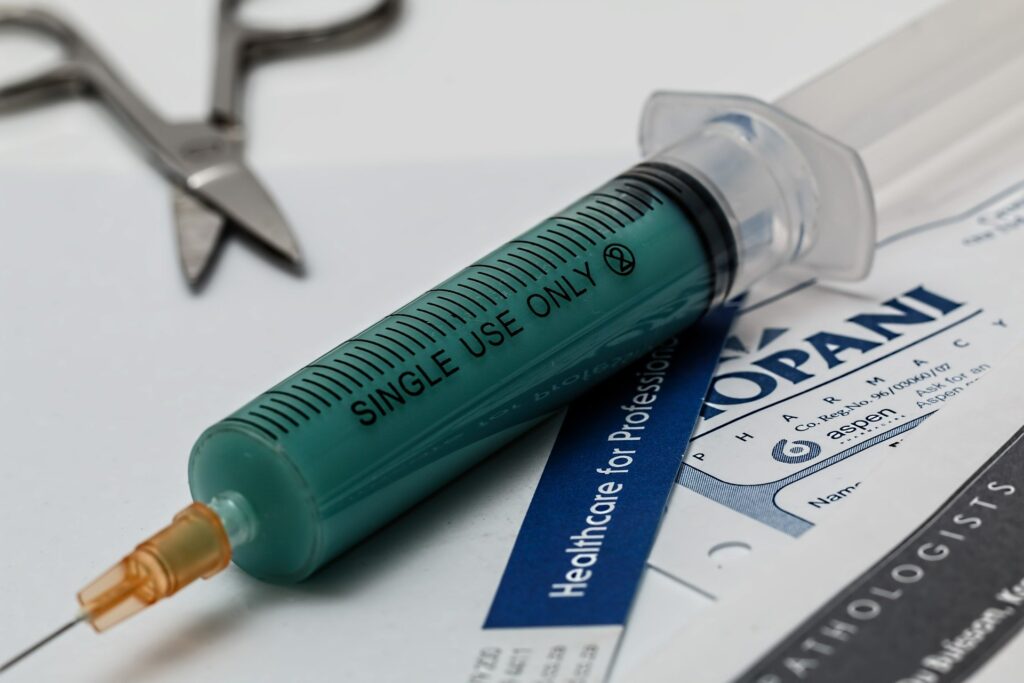
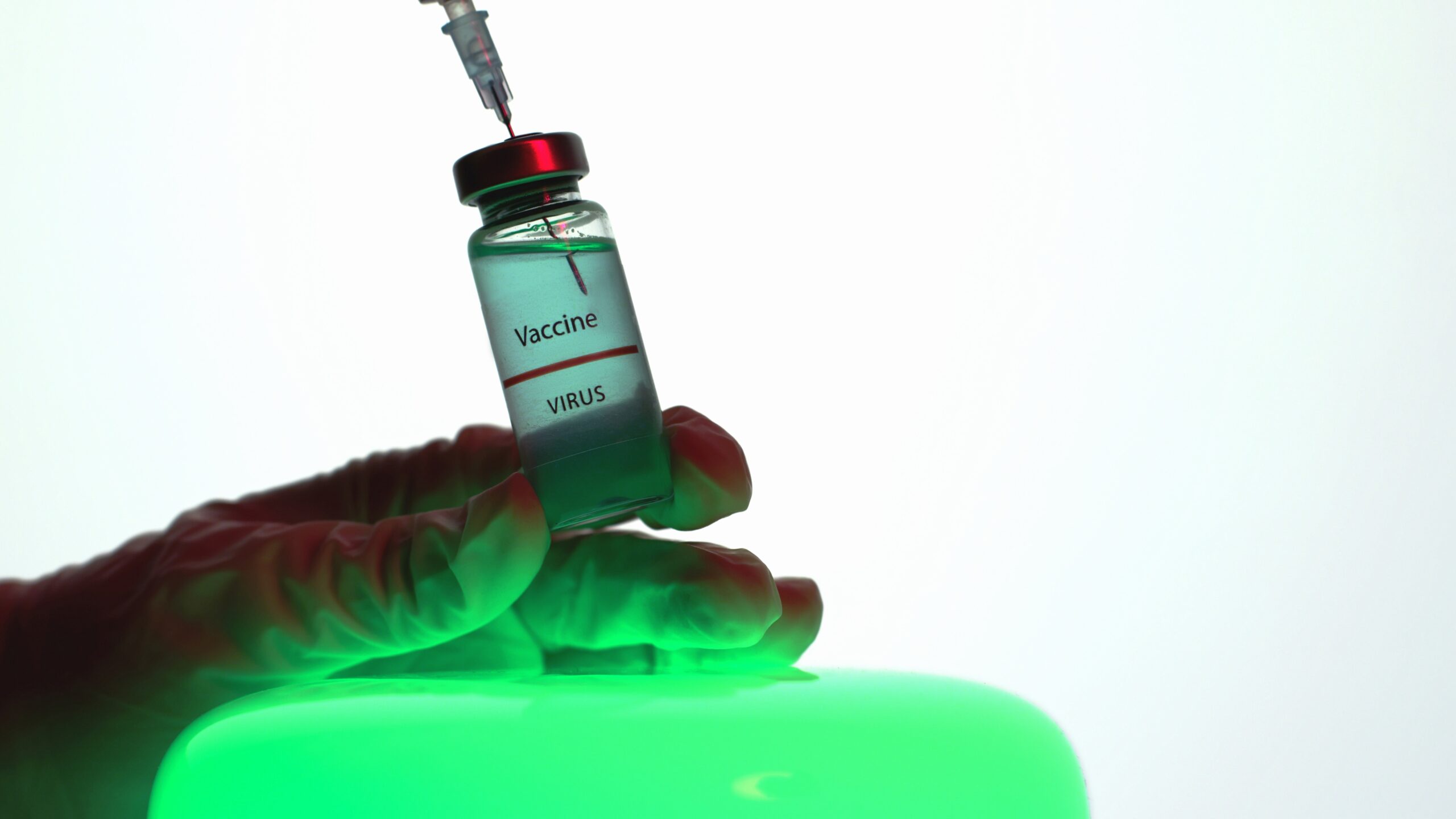
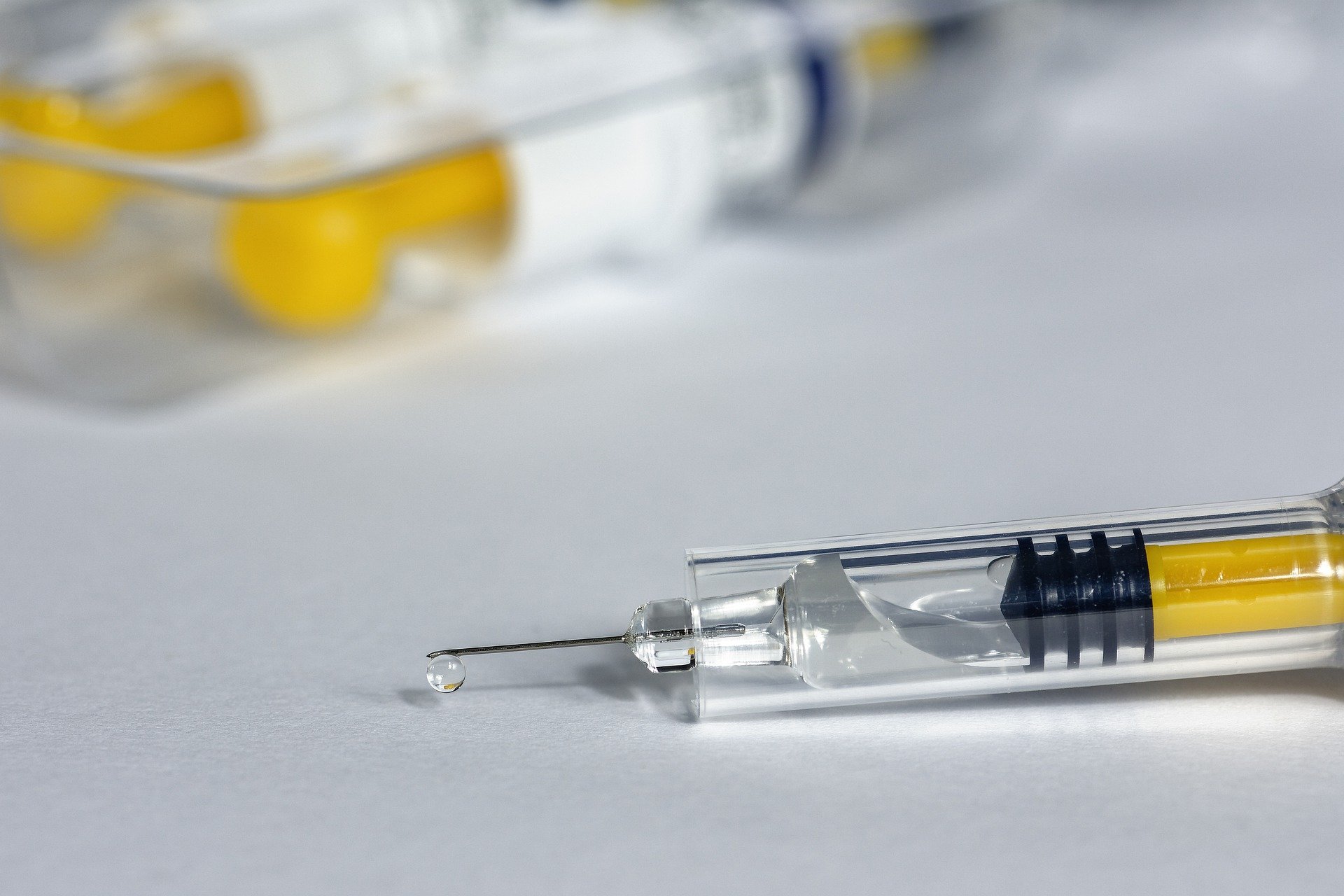
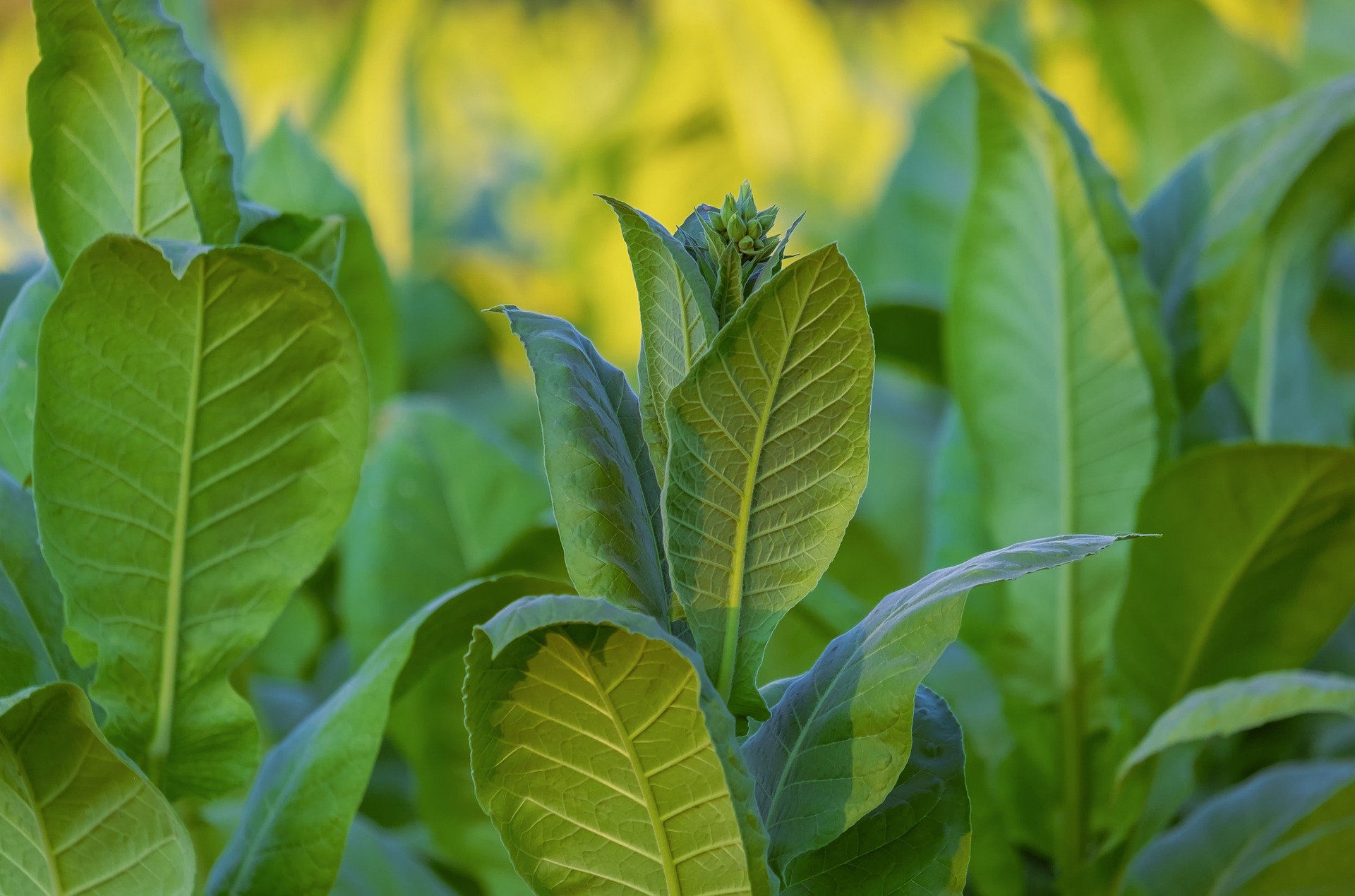

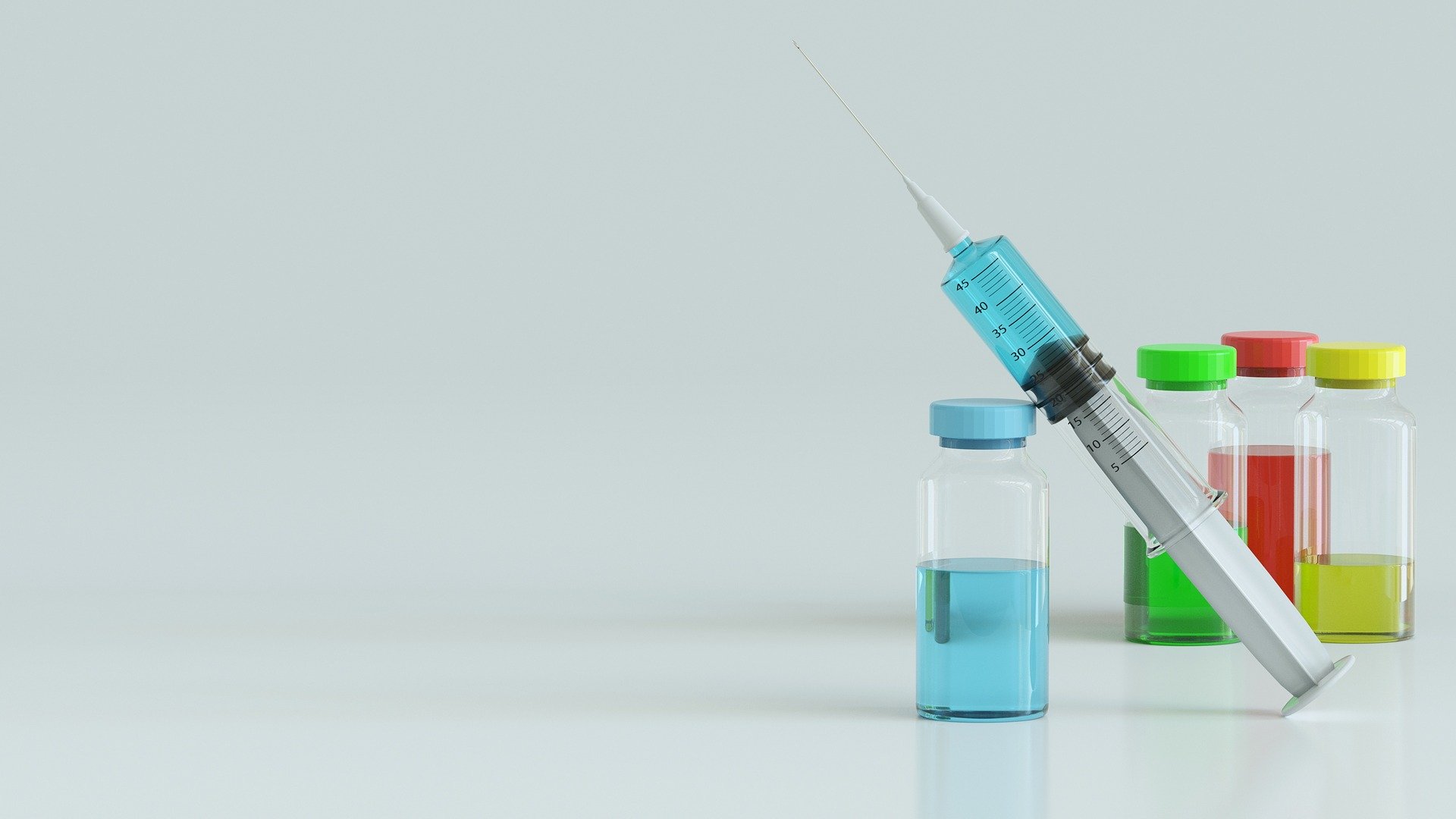




Join or login to leave a comment
JOIN LOGIN